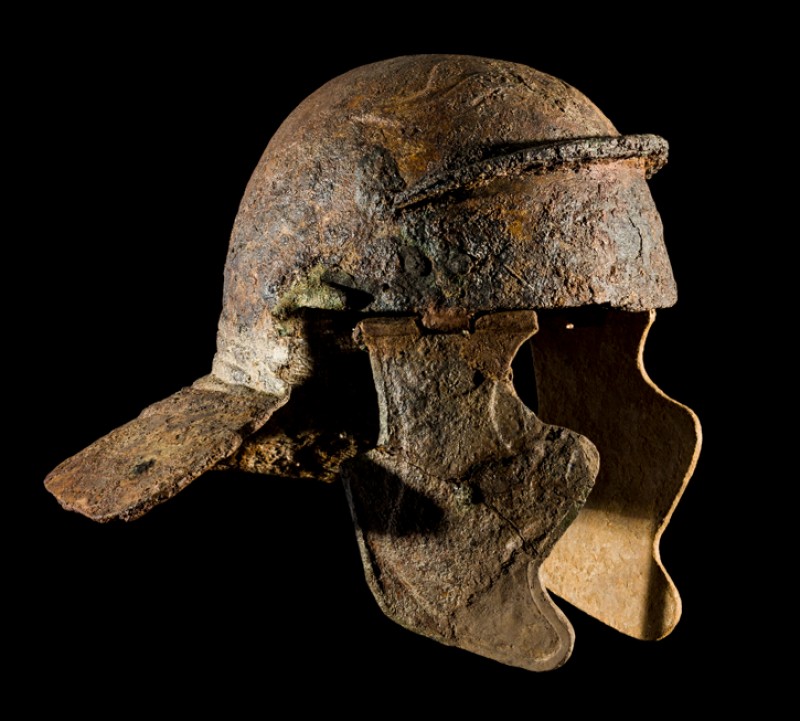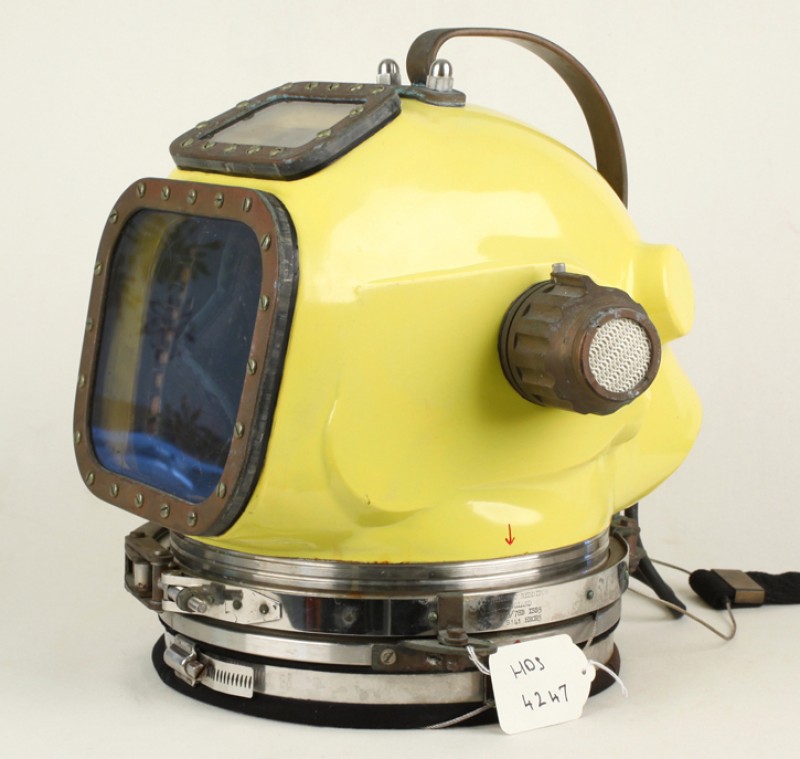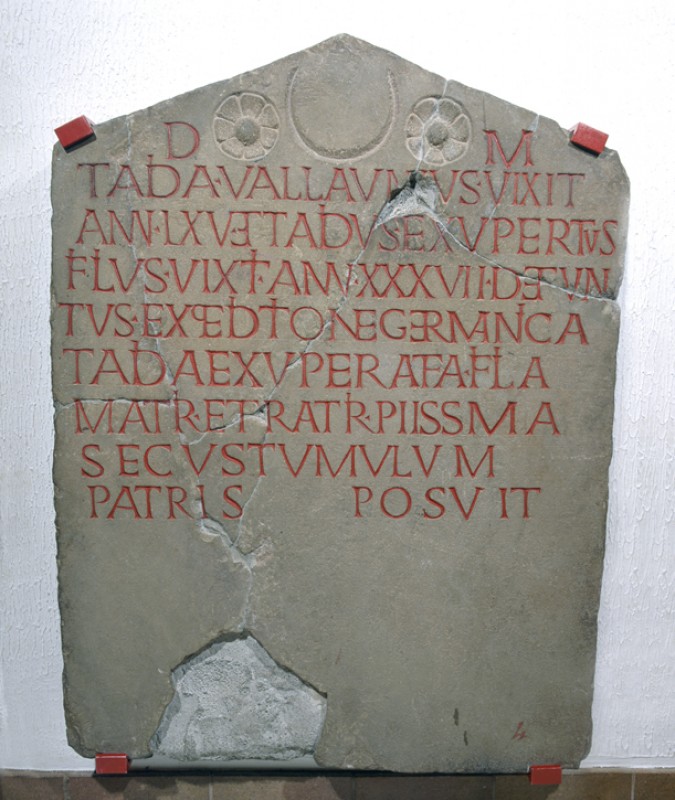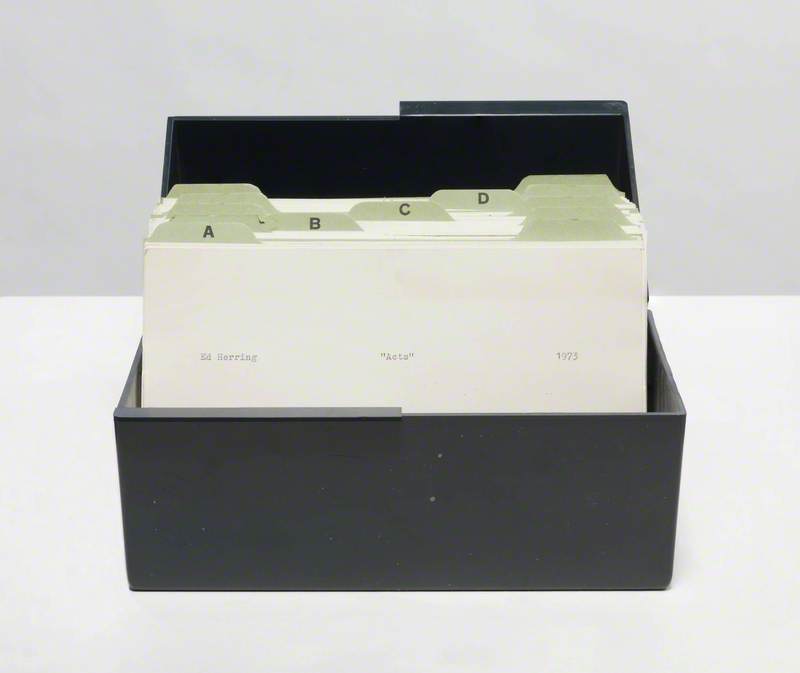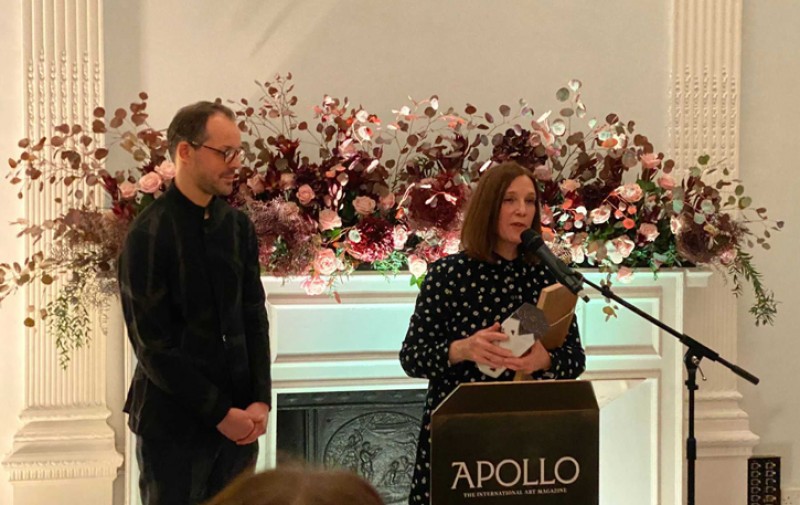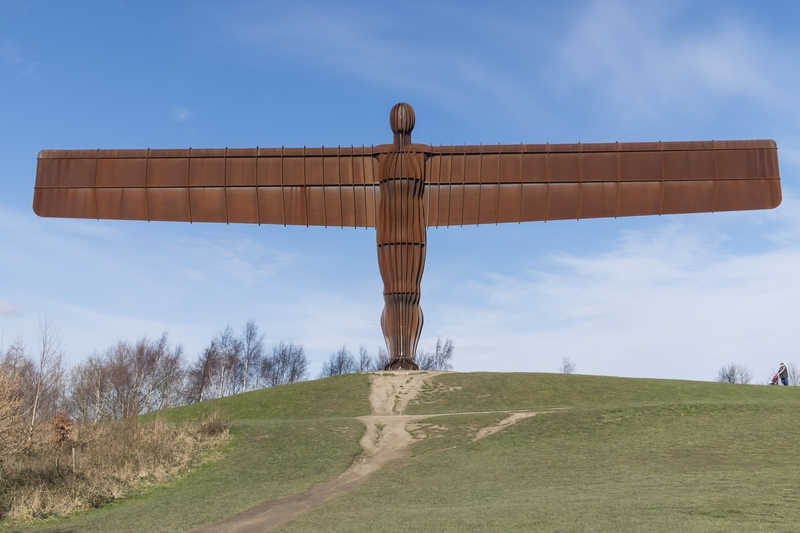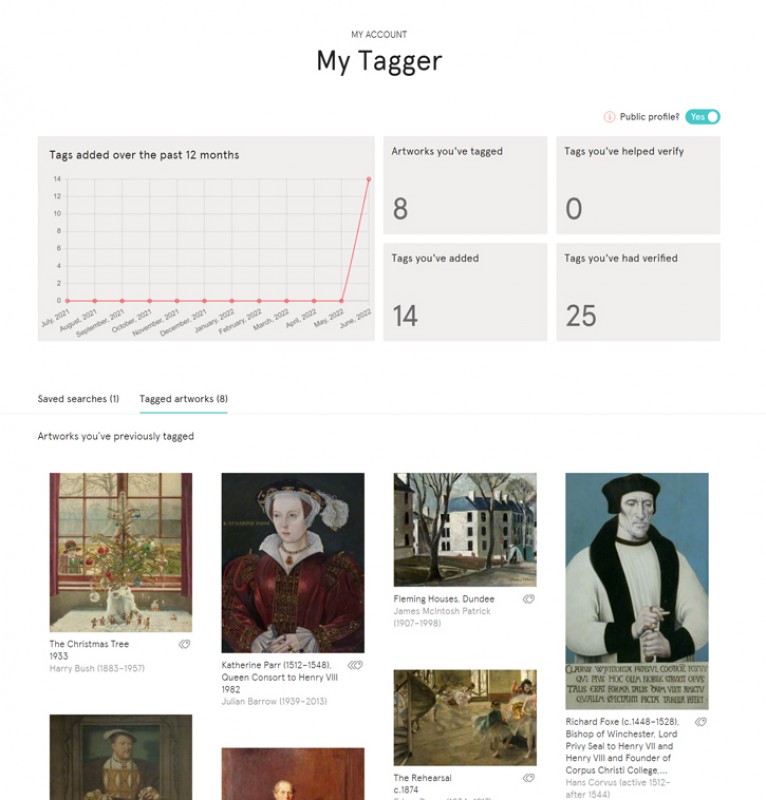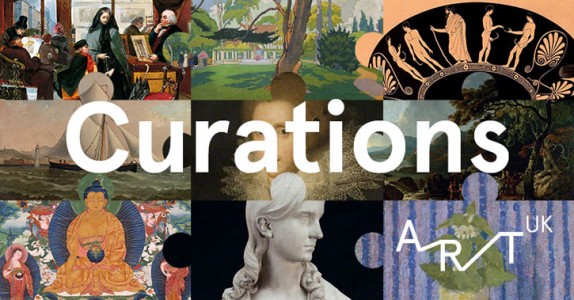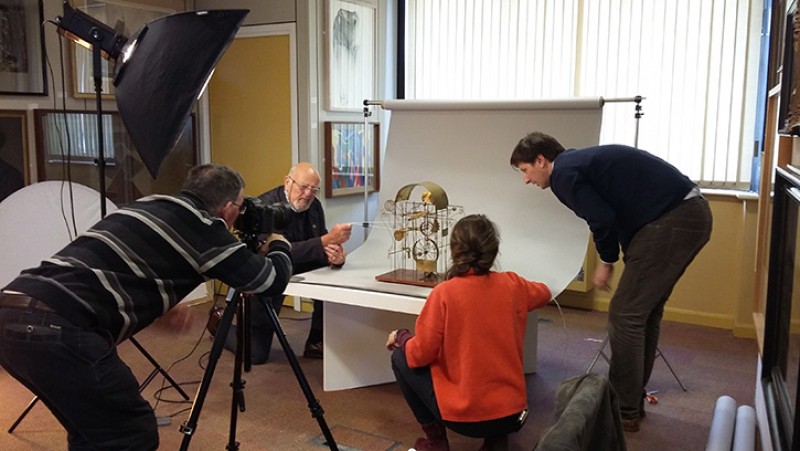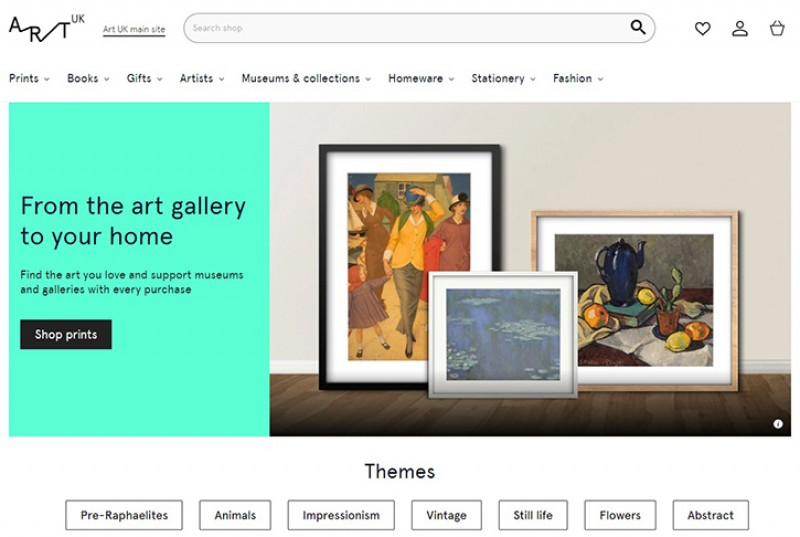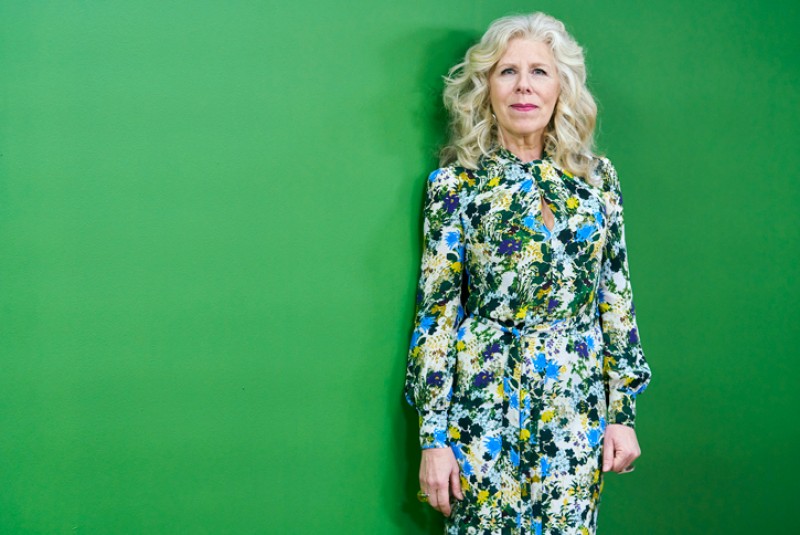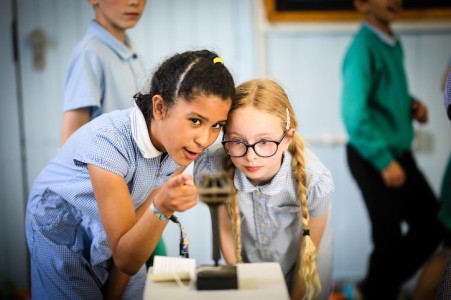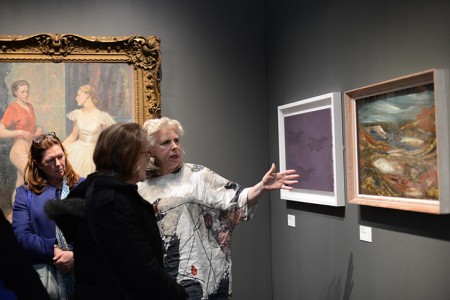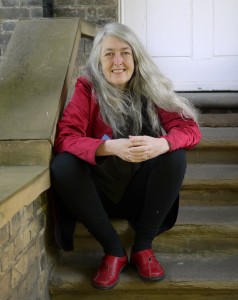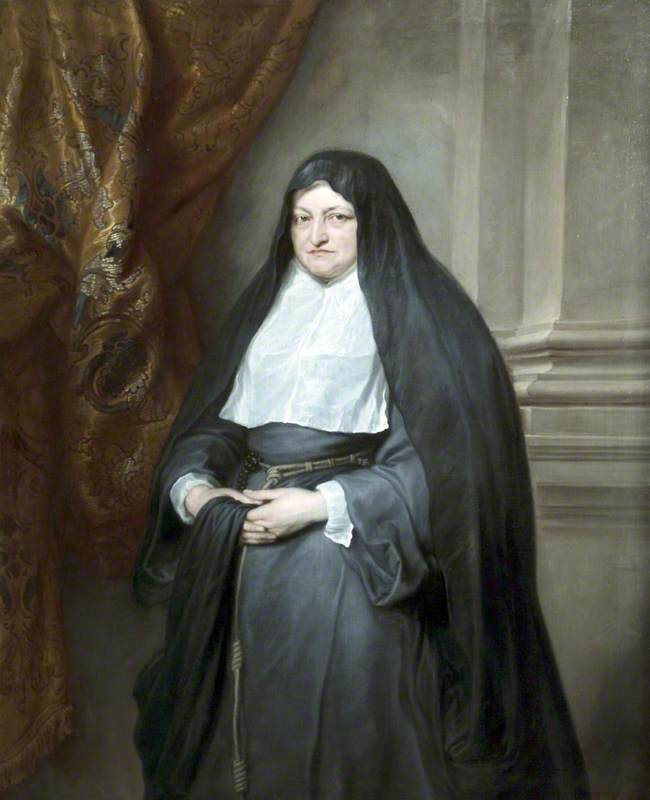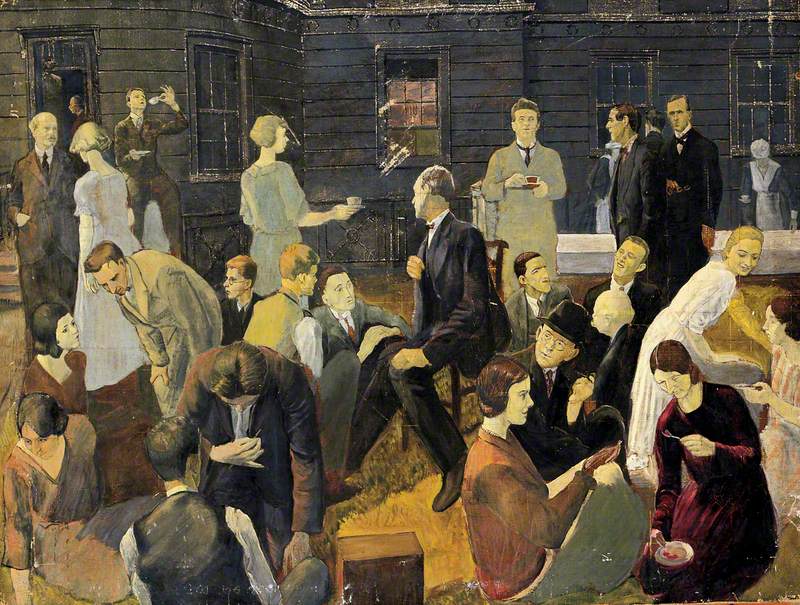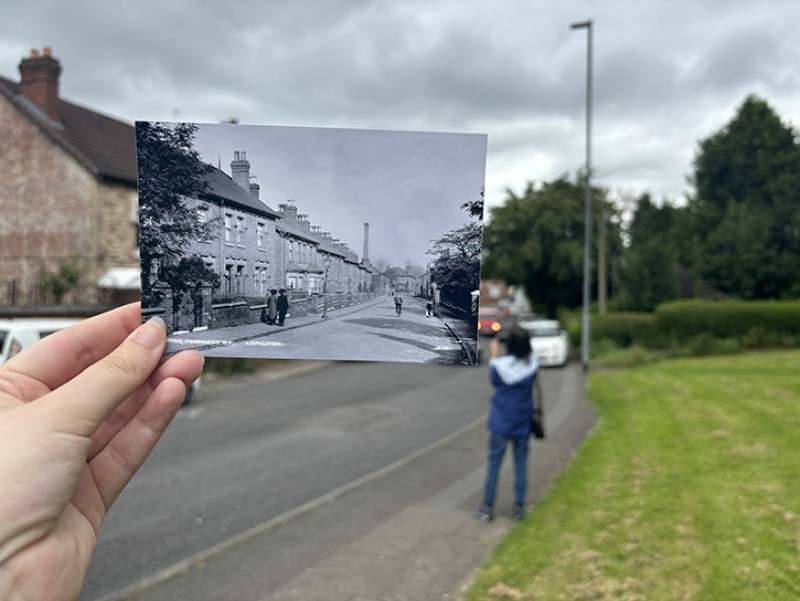In a transformative moment for the UK's cultural sector, the Museum Data Service (MDS) has officially launched, setting the stage for an unprecedented consolidation of the UK's museum records. A collaboration between Art UK, Collections Trust, and the University of Leicester, it will bring together over 100 million museum records to build the most accurate understanding yet of what is held in the UK's museums. It will provide an invaluable resource for researchers, educators, curators and content developers.
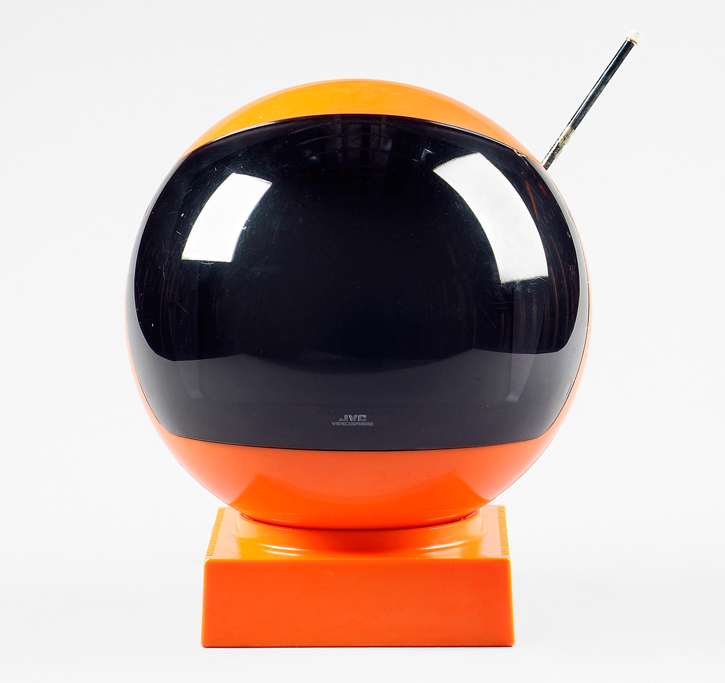
Image credit: Aberdeen Art Gallery & Museum
JVC Videosphere television
1970s, designed by JVC
The ambitious initiative is funded by Bloomberg Philanthropies and the UKRI Arts and Humanities Research Council (AHRC) and will be used by the UK's 1,750 accredited museums and other collections. It represents the realisation of a vision first conceived over a century ago. In 1888, curators proposed the idea of a 'compendious index' to document the contents of museums nationwide. Over 100 years later, this vision has been realised through digital innovation, overcoming the historical challenges of disparate and often inaccessible offline databases.
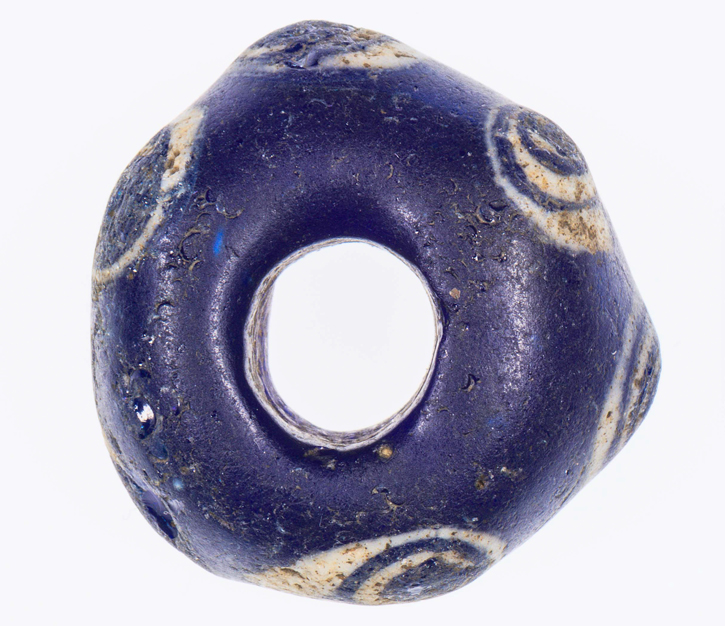
Image credit: Armagh County Museum
Iron Age glass bead
Class 6 Oldbury Type
'Art UK has long been a pioneer in sharing British collections online – what we have and where it is,' says Professor Dame Mary Beard of the University of Cambridge. 'Now joining forces with new partners, they are taking that beyond art to museum collections more widely. With all the enhancement of modern digital technology, MDS is bringing to life a dream of a nineteenth-century museum director who once floated the idea of a 'compendious index' of the holdings of British museums. I suspect that in a few years we will look back and wonder how on earth we managed without MDS.'
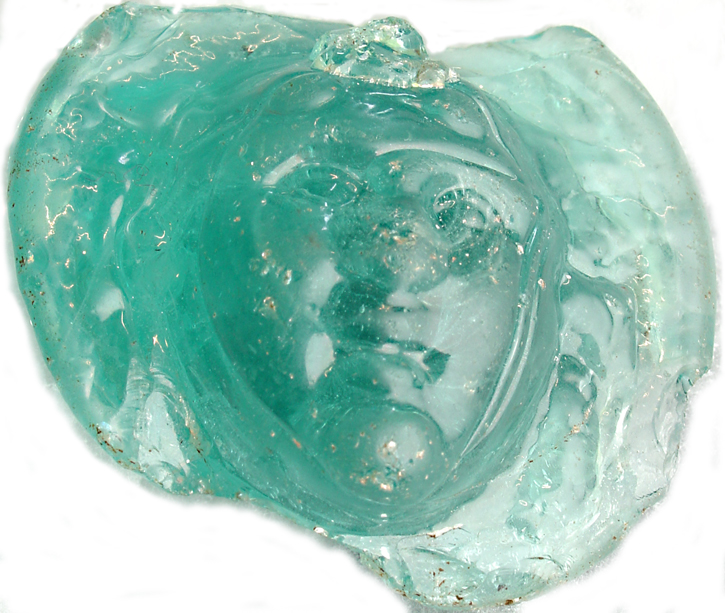
Image credit: Poole Museums
Glass face from a Roman drinking vessel
Roman Britain, excavated at Lake Legionary Fortress near Poole, Dorset
Launching today with an initial collection of 3,129,798 records from 21 museums, and with another 1,951,719 records already in the pipeline, the MDS is set to revolutionise the way museum data is managed and accessed. By creating a single, unified platform, the MDS enables museums to easily upload and securely manage their object records, whilst making it easy for users to search and retrieve records across multiple collections and diverse databases. This service is designed to be accessible for all museums, regardless of size, providing an inclusive and sustainable way to share and preserve the UK's cultural heritage.
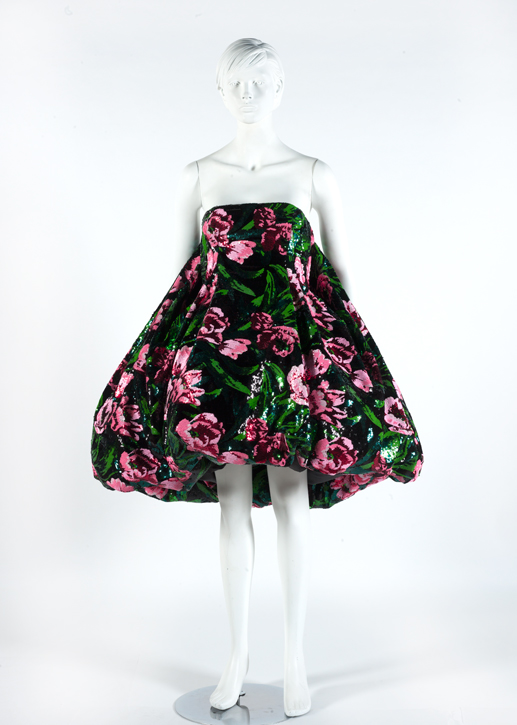
Image credit: National Museums NI
Bubble dress
2019, designed by Richard Quinn. Ulster Museum collection
Andy Ellis, Chief Executive of Art UK, says: 'From Neolithic axe heads and Roman helmets to fossils, masterpieces of art, and iconic fashion pieces, the sheer range of object records that the MDS will house is extraordinary and will revolutionise our ability to research our museums, make them more accessible and tell untold stories about what they hold. Today marks the culmination of a remarkable collaboration, reshaping the digital future for museums and galleries. Art UK is proud to be among the first to leverage this groundbreaking service, which has already begun transforming how we manage and present our records. We look forward to seeing museums everywhere embrace this new frontier.'
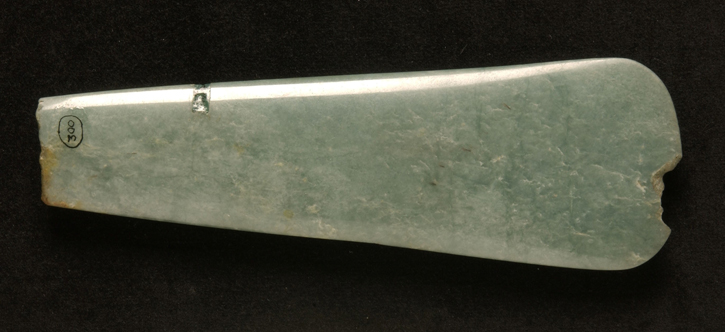
Image credit: Wiltshire Museum
Jadeite axe
Neolithic, about 6,000 years old
As the first major user of MDS, we will leverage our capabilities to double the number of artworks on Art UK from 300,000 to 600,000 by year-end, with millions more to follow. This will be the first demonstration of how MDS data can be converted into a compelling, audience-facing offering, showcasing the potential of this groundbreaking service. While the MDS itself does not include images, it lays the foundation for onward users like Art UK to incorporate visual content, further enriching the public's experience of the UK's cultural treasures.
The MDS is primarily designed for institutional use, but its impact will be far-reaching. Researchers in digital humanities will have unprecedented access to large-scale data sets, museum curators will find it easier to research objects for exhibitions, and developers will be able to transform raw data into engaging content for the general public. Meanwhile, short overviews of each collection will act as discoverability aids. The MDS also serves as a critical backup resource, especially for smaller collections that may lack robust digital infrastructures.

© Lesbians and Gays Support the Miners. Image credit: Amgueddfa Cymru – National Museum Wales
Lesbians and Gays Support the Miners
2014, banner created for the film 'Pride'
'Museums are changing,' says Sir Chris Bryant MP, Minister of State at the Department for Science, Innovation and Technology and the Department for Culture, Media and Sport. 'They have always showcased the stories of how we came to be who we are today. But the Museum Data Service is another leap forward in museums' digital capabilities, expanding opportunities for research and collaboration, and preserving the rich history that our museums hold.'

Image credit: National Museums NI
DeLorean DMC 12 car
1980s, designed by DeLorean. Ulster Transport Museum collection
The development and sustainability of the MDS have been made possible through support from Bloomberg Philanthropies' Digital Accelerator Programme and the Arts & Humanities Research Council's iDAH programme.
Jemma Read, Global Head of Corporate Philanthropy at Bloomberg says: 'Bloomberg was founded on a belief in the power of data to drive transparency, efficiency and innovation so it's incredibly exciting that funding from the Bloomberg Philanthropies Digital Accelerator Programme has enabled the development of a project that applies the same vision to the UK's rich and dynamic cultural sector. The Museum Data Service promises to transform the UK's cultural digital infrastructure, and we're thrilled to be part of a collaboration that is breaking down industry silos to make this ambitious idea a reality.'
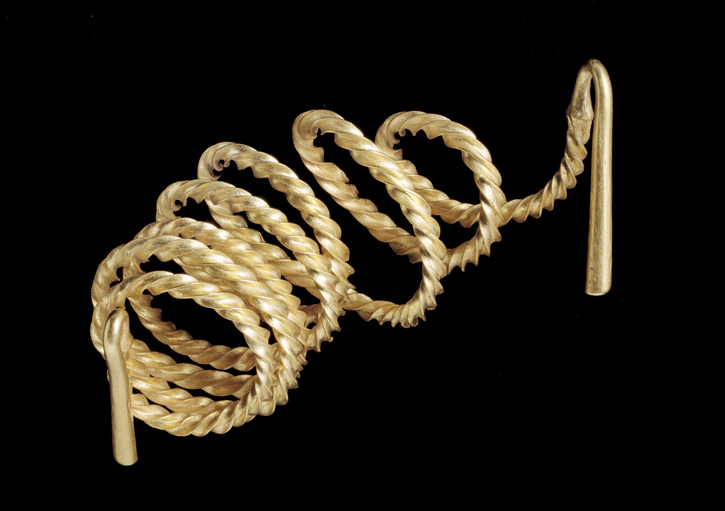
Image credit: Amgueddfa Cymru – National Museum Wales
Gold bar torc
Middle Bronze Age, found in Wrexham
Professor Christopher Smith, Chair of the Arts & Humanities Research Council, says: 'I am pleased that AHRC is funding this exemplary and world-leading piece of digital heritage infrastructure that will make our heritage sector better and more inclusive, as part of our commitment to supporting sustainable digital humanities right across our sectors. This major milestone in the full integration of modern technology and our rich cultural heritage will create a place where anyone can access the immense resources held by our museums. Not only will this open these resources up to the public in ways that would have been unimaginable even twenty years ago, but it will also enable museums to manage and share their data securely and sustainably.'
For more information, images and interview requests please contact Gemma Briggs, Head of Marketing and Communications at Art UK on gemma.briggs@artuk.org
